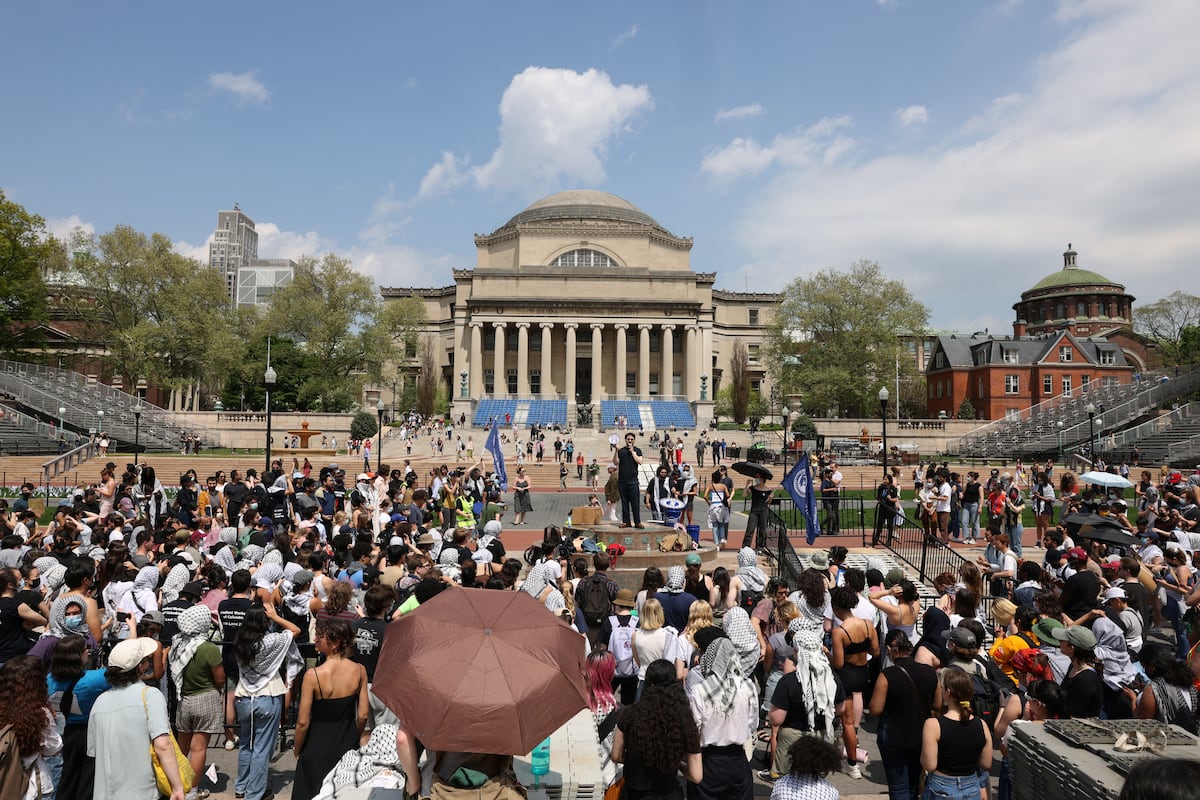
The ongoing protests at Columbia University, led by a group of students who have been camping on campus for over 10 days in solidarity with Gaza, have brought attention to the growing campus mobilization movement. This movement echoes the protests against the Vietnam War in 1968 and is impacting politics on both national and global levels. Pressure from both Republican and Democratic politicians, as well as internal divisions within the Democratic party, are fueling the agitation on campus and threatening to cost President Joe Biden support in upcoming elections.
The division among Democrats has become apparent as moderate and centrist congressmen call for the dismantling of the camp or for the resignation of the university’s rector. Previously, calls for order restoration were limited to Republicans, but now Democratic representatives are joining in. Progressive factions, led by members of the so-called Squad, are also showing support for the protesters, further highlighting political tensions within the party.
Columbia faces pressure from donors and the public as well as concerns about balancing freedom of expression with anti-Semitic rhetoric on campus. The decision to use force to evacuate protesters from campus before graduation ceremonies reflects broader political considerations. The ongoing protests, which are intrinsically linked to support for Palestine and opposition to Israel, are reshaping political discourse at Columbia University and beyond.
The protest movement at Columbia is part of a wider global movement that draws parallels to past student protests against apartheid in South Africa and opposition to Israel during Operation Desert Storm. As momentum continues to build among protesters, movements like these are sparking similar movements in Europe – particularly in France and Germany – where social justice issues take center stage alongside activism against war and conflict. These demonstrations highlight not only concerns about Palestine but also broader issues about social justice and activism on college campuses. With tensions rising and divisions deepening, it remains uncertain what lies ahead for this protest movement; however, its impact on higher education and political discourse is undeniable.
In conclusion, student activism has always played an important role in shaping public opinion and driving change across society. As we see at Columbia University today, this tradition continues with new issues taking center stage: from Gaza solidarity protests to social justice movements across Europe. While it may be difficult to predict exactly how these events will unfold or what their ultimate impact will be







